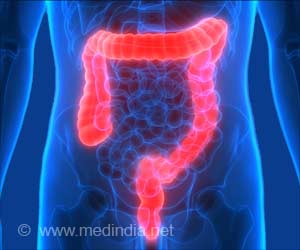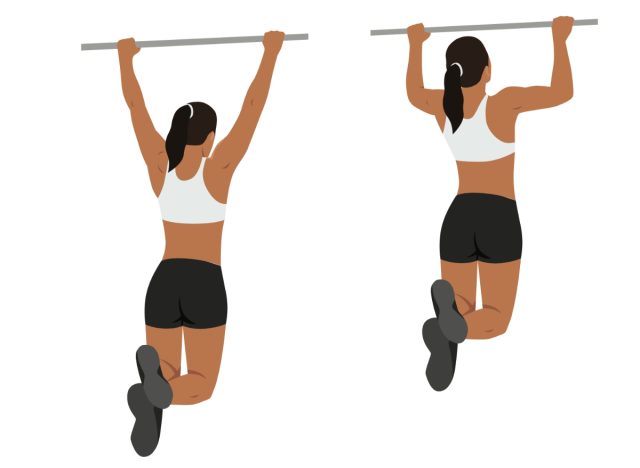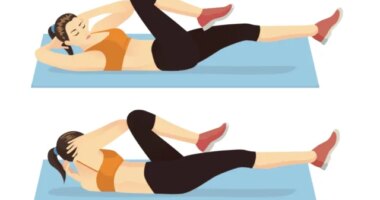
In recent years, the researchers have already shown that the incorrect regulation of necroptosis leads to cell death and thus to holes in the intestinal barrier. Prostaglandin E2 prevents this by binding to EP4 receptors on the epithelial cells.
‘The study findings offer a promising new therapy approach for ulcerative colitis and other chronic inflammatory bowel diseases.’
READ RELATED: Beijing accuses America of 'inciting countries to demand compensation'
The more of these receptors are activated, the fewer cells die, according to the FAU team from the Department of Medicine 1 – Gastroenterology, Pneumology and Endocrinology – at Universitätsklinikum Erlangen. Patients with high levels of EP4 on the cell surface show a milder course of disease than patients with low levels of EP4.
The activation of the receptors by prostaglandin E2 thus counteracts the progression of intestinal inflammation. Together with colleagues in Canada, the research team tested an artificially produced molecule that can activate the EP4 receptor, like prostaglandin E2. Treatment with this molecule could prevent excessive cell death in the intestinal barrier and block bacteria from penetrating it.
Source: Eurekalert
Source:










